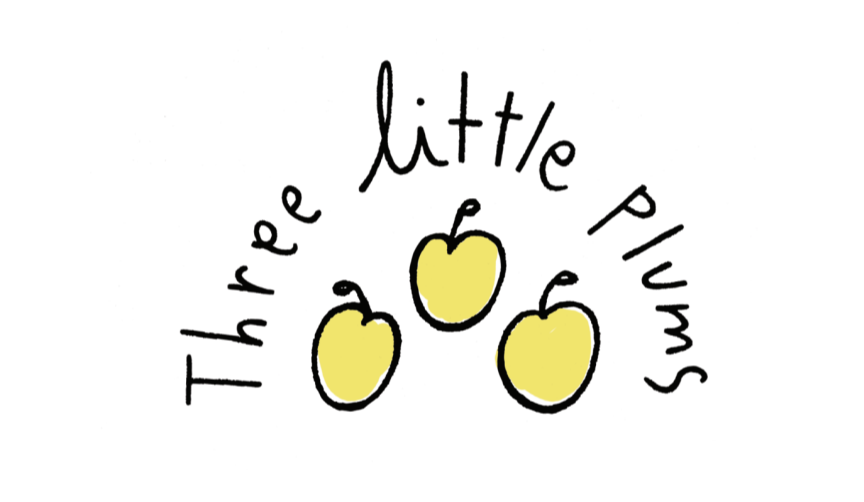Could Common 'Safe' Chemicals Mix With Other 'Safe' Chemicals in Your Body to Produce Cancer? Research Says Yes
One in five cancers may be caused when common chemicals – deemed safe on their own – blend lethally inside the human body.
Wow.
That is a huge claim.
One in five cancers?!
Chemicals deemed 'safe' on their own mixing together with other 'safe' chemicals to cause cancer?
Yes, that is exactly what a group of 174 scientist from 28 countries concluded after investigating 85 common chemicals, all of which are not considered to be carcinogenic to humans on their own and all of which are common chemicals found in most people's daily routine.
More than 2/3 of the chemicals reviewed were found to have the likelihood to combine with other non-carcinogenic chemicals and..." conspire to produce carcinogenic synergies (aka cancer)." This was found even when low doses of the chemicals were in use.
WHAT CHEMICALS WERE STUDIED?
In reading the full report I did not find a list of chemicals studied but they do mention environmental chemicals with oestrogenic properties (endocrine disruptor's like BPA in plastics, among others, which mimic the hormone estrogen) which have been found to have effects on breast cancer cells, in addition to phthalate esters (which can be found in all products with fragrance and are also used to make plastics bendable) and herbicides. one of the scientists involved in the research told CTV ""(They include) some of the fuels, some of the plastics, and some of the cosmetics we use. They're in our food, our products, our preservatives, our pesticides."
WHAT DOES THIS MEAN FOR MY FAMILY AND ME?
While it is true that no single chemical or product will give you cancer, the reality is that we are constantly exposed to hundreds of different chemicals on a daily basis. In fact, the average woman uses over 187 chemicals just in her daily beauty product routine.
This 'cocktail effect' - the interactions between many chemicals from different products, in our bodies is what has least been studied until now.... and the results are clearly not good.
The study also focused on "how low dose exposures over a prolonged time span may actually play a more important role than has ... been appreciated."
What this means to you is that it is worth your time to reduce the chemicals in your daily routine because, although government institutions and chemical company's assure you these chemicals are "safe if used as directed" or safe in "such minute quantities"... this study has found what many have long suspected:
exposing oneself to the same chemicals every single day, even in small quantities, for years and years can have serious effects on your health.
exposing yourself to many different 'safe' chemicals over a prolonged period of time could have adverse effects on your health, including cancer
Ultimately, the study is important because is brings to light the need to further study and regulate the chemicals we use ever day. Currently over 82,000 chemicals are in use in products we use every day and only roughly about 200 have ever been tested for safety. No one knows if they are safe for human use, nor how these 82,000 chemicals interact with each other or what happens when you use low doses of a chemical over a long period of time. Our federal government has allowed chemical companies to add thousands of chemicals into products we use on our babies, in our homes, on our bodies without regulating or thoroughly studying them (to read more on what is currently going on in Congress with chemical reform click here)
A study like this should come as no surprise, since these chemicals have mostly not been studied, however should be taken very seriously. As they say in their final published remarks "it may mark the turning point in the battle of the human race against this deadly disease."
The take away for you and your family's daily routine? Use less. The best way to reduce your chemical exposure is to reduce the number of products and chemicals you use on a daily basis. No harm will come of it and much good could!
